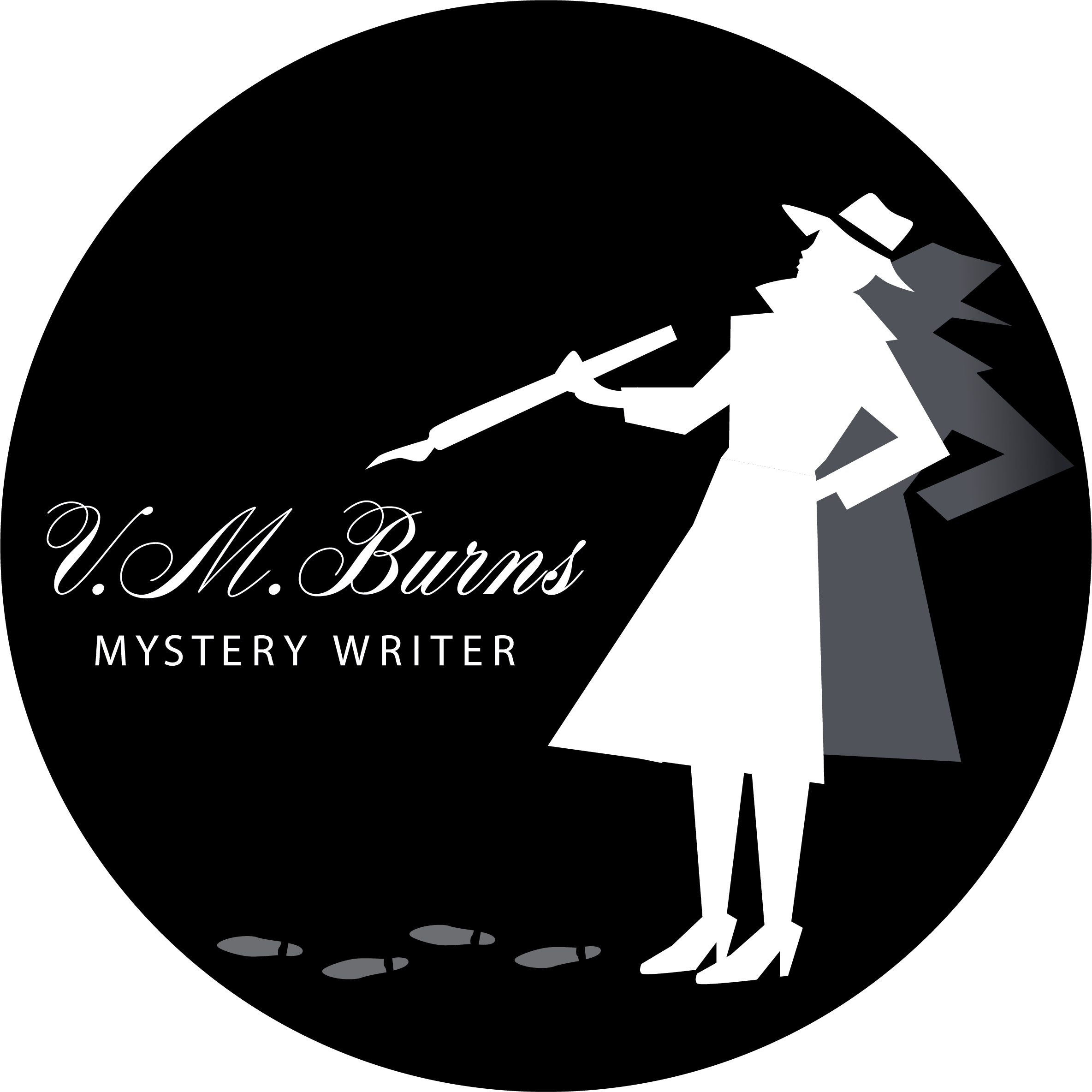I’m the type of person that does a lot of self analysis. I can analyze my decisions, comments, actions, pretty much everything to the millionth degree. However, in all my analysis, it has only recently dawned on me that I really like historic cozy mysteries more than contemporary mysteries. In fact, of the three cozy mystery series that I am currently working on (yep I said three), only one is a contemporary cozy. I foresee hours of contemplation about why this is in my future. However, accepting that I seem to be enamored with historic cozy mysteries, I find myself thinking about the men and women who paved the way before the glorious days of the Internet with awe and amazement.
I can only imagine the countless hours these men and women spent travelling to libraries and scouring over reference materials to include details for their books. Or, the money needed to add the authentic tone to your writing. Agatha Christie wrote Murder on the Orient Express in Turkey after riding on what she called, “the train of my dreams.” She later married her second husband, archaeologist, Max Mallowan, whom she met on an archaeological dig.
Thankfully, twenty-first century writers don’t have to go bankrupt riding expensive trains or make trips across the world (unless they want to) for research. Modern writers can journey from New York to Paris or from China to the outer reaches of our galaxy (yep, NASA has videos) without leaving the comfort of their homes, thanks to the Internet. Google earth, YouTube, and a host of satellites can catapult writers anywhere at virtually the speed of light (or the speed of their internet provider). But just because you aren’t physically travelling doesn’t mean there aren’t dangers. The Internet poses, perhaps more dangers for writers than actual travel.
The first danger writers face using the Internet for research is, of course, accuracy. Everything posted on the Internet isn’t true. You can’t really believe those pictures of Big Foot, the Loche Nest Monster, or aliens hidden in Area 51 are true (well, maybe the aliens, but not Big Foot). Anyone can post things to the Internet. Writers craving accuracy should use reputable sources and proceed with caution.
The second danger is the internet the rabbit hole. The Internet is a seemingly endless source of material that is constantly expanding. Every second thousands of pieces of new information is posted online and it’s easy to fall into the black hole of data. Today, I spent over an hour looking for a copy of a papal letter sent from Pope Innocent III to King Richard I on May 28, 1198. Why? I have no idea, but it seemed important at the time.
In addition to liking history, I am also what authors call, “a pantser.” This means I don’t plot out my books before starting to write, instead I write by the seat of my pants (get it?). Combine being a pantser with the limitless resources of the Internet and you have a formula for trouble. If you have a well outlined plot, you know exactly where your story is going. Some writers actually do all of their research before they start to write (overachievers). I have a general idea of where the story is going, but nothing concrete. I simply write and see where the characters and the story take me. Sometimes the journey is a total surprise to both my protagonist and me and it can often lead to hours of internet surfing about obscure details which might turn out to be an important clue, or simply a fun nugget of information that some readers may get, while others may not.
Regardless of whether you’re a plotter or a pantser, the Internet is an amazing tool for writers. The wealth of information available can add a richness and authenticity to even the most obscure fiction. Everything is okay in moderation. Maybe, just like Alice, you may find that your trip down the rabbit hole serves a purpose. If you take the trip down the rabbit hole you may meet interesting new people, discover new worlds and find that the journey changed you into someone different than who you were yesterday.
